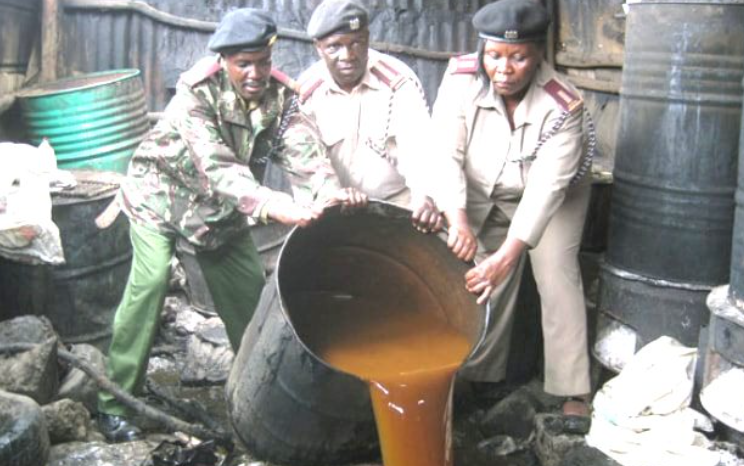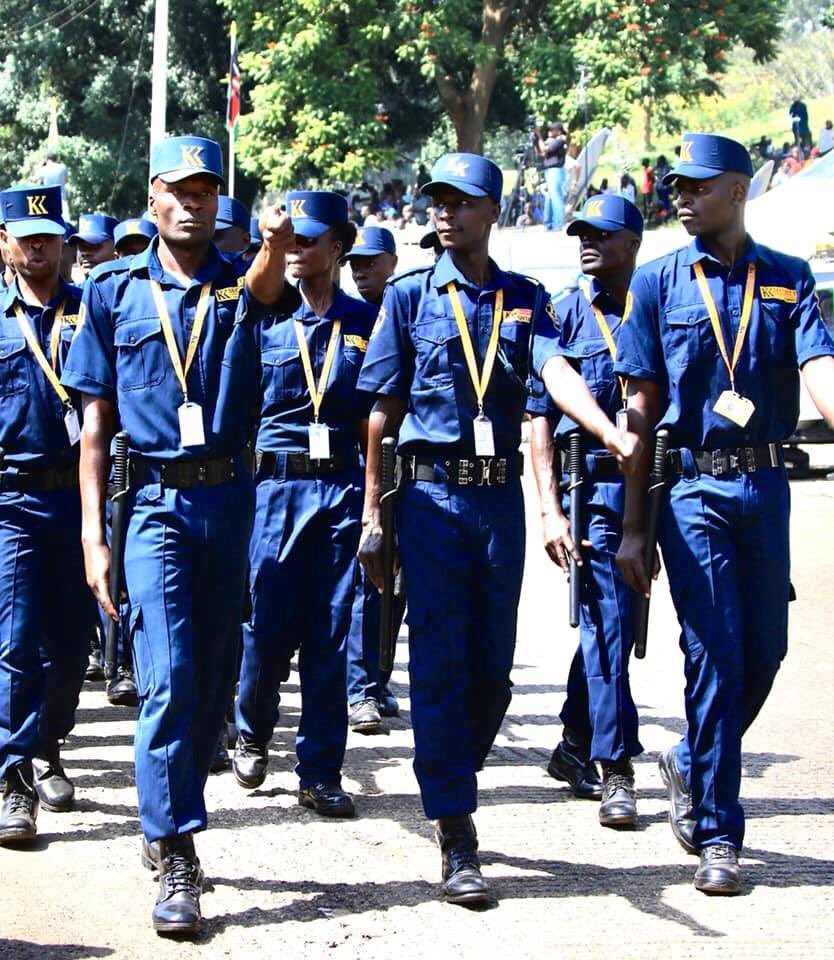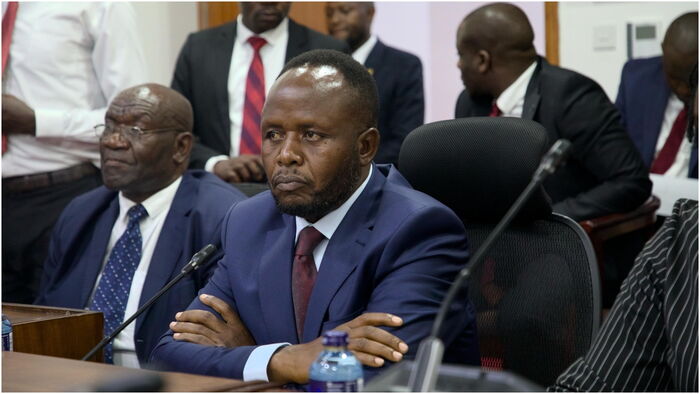
A senior government sub-chief has stunned officials and public health experts alike by urging the formal legalization and regulation of chang’aa, Kenya’s notorious local brew, arguing that fight after fight against illicit alcohol has failed—with estimates showing that 60% of alcoholic drinks consumed in Kenya are illegal. The appeal — made directly to Interior Cabinet Secretary Kipchumba Murkomen during a security tour of Siaya — threatens to upend longstanding policy and policing strategies.
Illicit Brew Remains Dominant Despite Crackdowns
Addressing CS Murkomen at the Jukwaa la Usalama forum, the sub-chief presented chilling figures: in the Nyanza region, up to 69% of alcohol consumption is unlicensed or illicit, a level that has persisted despite repeated law enforcement operations.
He questioned the logic of criminalizing production and consumption when statistics clearly point to widespread use. “Despite all the efforts that we’ve put in fighting this vice … the statistics are still showing negative,” he declared.
A Proposal to Regulate, Not Prohibit
The sub-chief, who is also a student at Jaramogi Oginga Odinga University studying policy and development, laid out a bold policy alternative:
- Legal distillation and licensed packaging of chang’aa, aiming to mimic regulated home brews and legal local brews like busaa under county oversight.
- Use of licensing “caps” so that brewing operations are monitored, product quality is assured, and public safety concerns addressed.
- An academic policy document has been drafted by him and seven university colleagues aimed at presenting this approach to government—but carefully distinguished as theory, not personal advocacy (“I’m not a partaker of chang’aa. I’m presenting my views.”)
Government Crackdowns Continue
Even as calls for legalization grow louder, law enforcement has stepped up crackdowns across multiple counties:
- In Laikipia, a suspect was arrested with 15 litres of chang’aa.
- Migori County saw two suspects nabbed along with two litres of chang’aa, plus other paraphernalia.
- In Meru, a multi-agency team confiscated 260 litres of muratina and production equipment.
These actions reflect official warnings that unregulated brews pose dangers to public health, but the sub-chief insists that punishment alone won’t erase the problem.
Risk, Opportunity, Political Flashpoint
The proposal to legalize chang’aa carries both grave risk and promise—and both are already triggering debate:
- Public health concerns: Critics argue that legalized chang’aa still carries risks—methanol poisoning, adulteration, and uncontrolled alcohol abuse—unless regulations are tight.
- Economic opportunities: Regulation could open doors to local employment, formal value chains, county tax revenue, and safer products.
- Political fallout: Any shift in policy will likely provoke backlash from traditionalists, enforcement agencies, and perhaps conservative religious communities.







